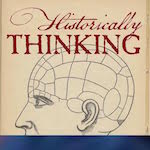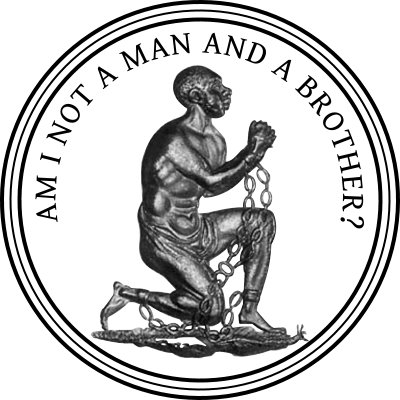Podcast: Download (Duration: 57:40 — 52.8MB)
Subscribe: Apple Podcasts | Spotify | Amazon Music | Android | Pandora | iHeartRadio | Blubrry | JioSaavn | Podchaser | Podcast Index | Email | TuneIn | Deezer | RSS
In 1619, the first Africans arrived at Jamestown, Virginia, the first African-Americans to enter what would become the
United States. They came on a Dutch ship, the White Lion, that had earlier on its voyage captured a Portuguese slave ship on its way to Mexico. It’s not clear what happened to these Africans; they were probably treated as indentured servants, laboring for a certain number of years before receiving freedom and a bounty (of land, tools, and clothes). But by 1640 there is one man recorded as being a slave for life; by 1662 are the first Virginia laws recognizing lifetime slavery; and 1705, Virginia codified (that is, organized and made final) its laws of slavery. That system of slavery would last from 1705 to 1865. It rapidly became a slave society, a society dependent upon the existence of slavery.
What is striking is that no sooner had slave societies begun to exist in British America than a movement was intimated to end it. This movement became known as abolitionism. Probably a surprisingly small percentage of people in 1860 would have referred to themselves as “abolitionists”. Nevertheless, abolitionism was one the most successful and consequential movements for social change in world history. That’s a big claim, but it’s not without warrant.
That warrant is what Richard S. Newman and I discuss in today’s conversation. He’s the author of Abolitionism: A Very Short Introduction (Oxford, 2018), about which we end up having a very long conversation which doesn’t really make it to the 1850’s. But we enjoyed it, and hope you do to.

